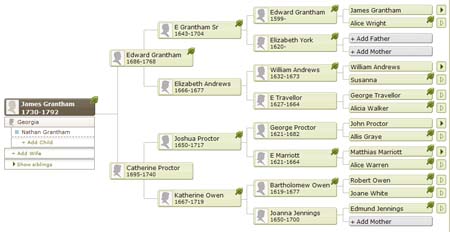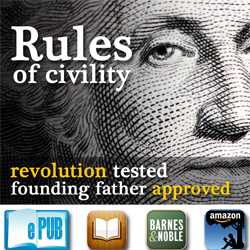Grantham family lineage to William the Conquerer
I forgot whether it was my junior or sophomore year in high school, but at the end of class one day, Mrs. Wright asked me if I knew anything about my family tree. I told her I did not, and a few days later she told me she believed I was a descendent of William the Conquerer. This was in 1988 or so. I never believed it and had always gotten a kick out of it.
One thing I’m learning as I explore my family tree is the English kept damn good records, and it seems they tried to impress this upon early American settlers. Maybe life was too tough then, or maybe the constant accounting of life is what they fled for a more simple life in America. The early settlers did enough record keeping to get by, but it was way more than the pioneering generations that soon followed.
Over the past couple of weeks, my family tree has sucked me into a rich family narrative woven into some of the most fascinating moments in history. My weekends have become consumed with exploring one family member or another, imagining their life’s challenges or pondering their noted failures. It’s even more profound seeing some of these ancestors with their own Wikipedia entries.
Last week an email came from Ancestry.com saying records were recently added that showed the Warren line in my family tree now going back to the First and Second Crusades. I opened up the family tree and went back in time to my 30th great grandfather Fulk the Younger, King of Jerusalem. His battles in the Crusades, his involvement with the Knights Templar, his appointment to King of Jerusalem and burial in the Church of the Holy Sepulchre are documented. So is his lineage, and it was just a matter of someone entering it into Ancestry.com before the Warren line in my family tree was recognized as a match.
The Warrens who colonized early America trace their ancestors back to the son of Fulk, Geoffrey of Anjou, who is also the father of King Henry II. It was that online bio that made me do a double take. King Henry II is the great grandson of William the Conquerer.
I could not believe that when I read it and went back to my family tree. Geoffrey’s wife, Matilda the Empress, is the daughter of King Henry I who did not have an heir and passed the thrown to Geoffrey and Matilda’s son. King Henry I’s father was William the Conquerer, also know as William the Bastard because of the illegitimacy of his birth.
Part of my family descends from there through Geoffrey’s illegitimate son named Hamelin (de Warenne) Plantagenet who begat the Warrens. The descendant Thomas Warren, who died in Surry, Va in 1670, was the great, great, great grandfather of Catherine Proctor who married my 8th great grandfather Edward Grantham.
How could Mrs. Wright have known this 20 years ago? Even after two weeks of research, I can see how certain surnames have a known traceable history like a well worn path back in time. I assume she knew something about parts of my own family from her studies of English history and literature. Maybe certain points in my surname’s family tree take those well worn paths.








